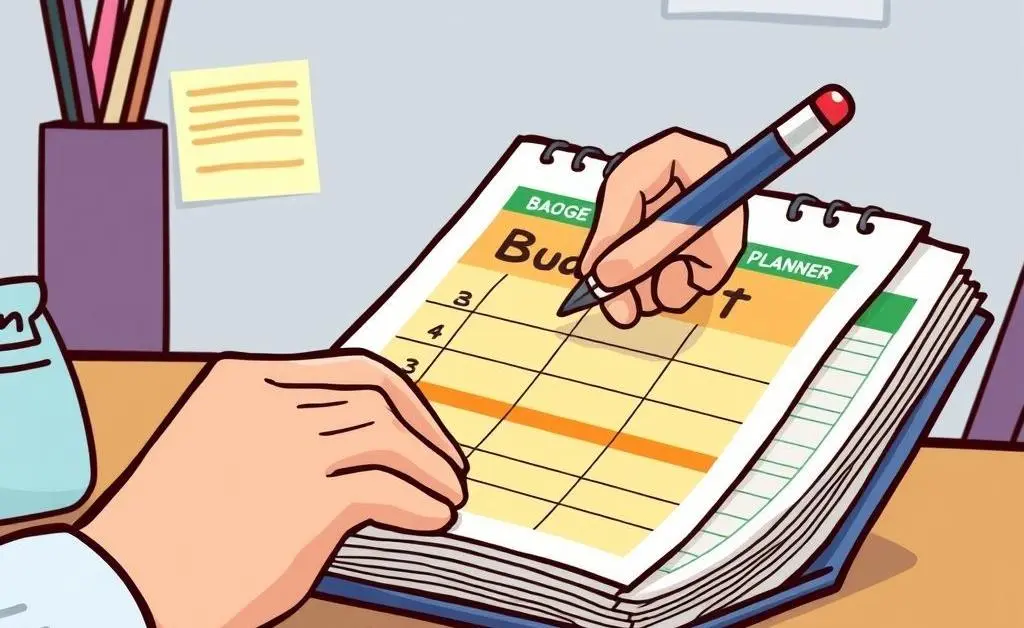How to Navigate the World of Personal Finance
Learn smart strategies for budgeting, saving, and investing in your financial future.

Hey there! Let's dive into a topic that's close to everyone's wallet: personal finance. Whether you're just starting out or looking to refine your financial game, having a robust understanding of your finances is crucial. Today, we'll cover essential tips for budgeting, saving, and planning for the future. Grab your favorite cup of coffee, and let's chat!
Why Budgeting is Your Best Friend
Alright, let's get started with budgeting. Think of budgeting as your financial blueprint. It helps you track where your money goes, ensuring you're meeting your financial goals. Basically, it's the roadmap for your financial journey.

Getting Started with Budgeting
- Track Your Expenses: Spend a month documenting every penny you spend. This helps you identify spending patterns.
- Set Realistic Goals: Whether it's saving for a vacation or paying off debt, make sure your goals are achievable.
- Create Categories: Divide your expenses into categories like groceries, entertainment, and savings to better allocate your funds.
Building an Emergency Fund
Imagine your car breaks down or you suddenly need to replace an appliance—it happens! An emergency fund is a financial safety net that ensures you're prepared for life's little surprises.

Start small. Aim for $1,000 initially, then work your way up to cover 3-6 months of living expenses. Trust me, having that buffer is a game-changer.
Investing in Your Future
Now that you have a handle on your immediate finances, it's time to think long term. Investing is like planting a tree—the sooner you start, the more it grows.

Basics of Investing
Getting your feet wet with investing might sound intimidating, but starting small can make a significant impact down the line. Here's how:
- Understand Your Risk Tolerance: Know how much risk you’re comfortable taking; it will guide your investment choices.
- Diversify Your Portfolio: Mix of stocks, bonds, and other assets to spread risk.
- Consider Retirement Accounts: Whether it's a 401(k) or IRA, these accounts offer tax advantages that can accelerate your savings.
Remember, like all good things, mastering personal finance takes time. Celebrate your progress, learn continuously, and adapt as needed. Here's to a financially savvy life! Cheers!
Final Thoughts
So, what's your next financial goal? Whether it's a fabulous vacation, buying a home, or enjoying peace of mind, a solid financial plan brings you closer to your dreams. Got thoughts or questions? Drop them below!




